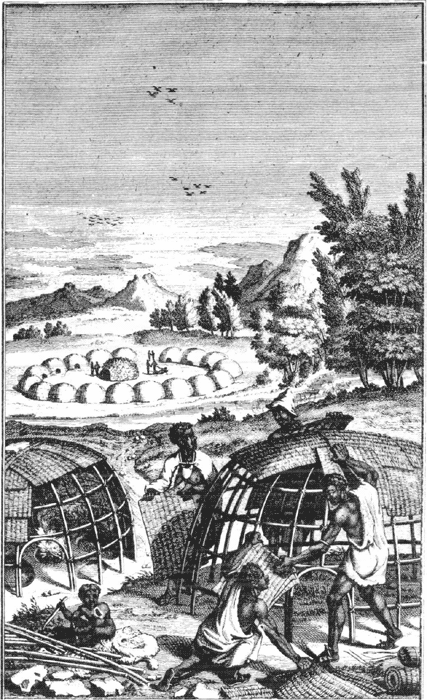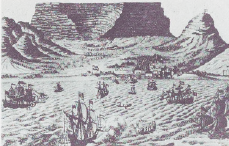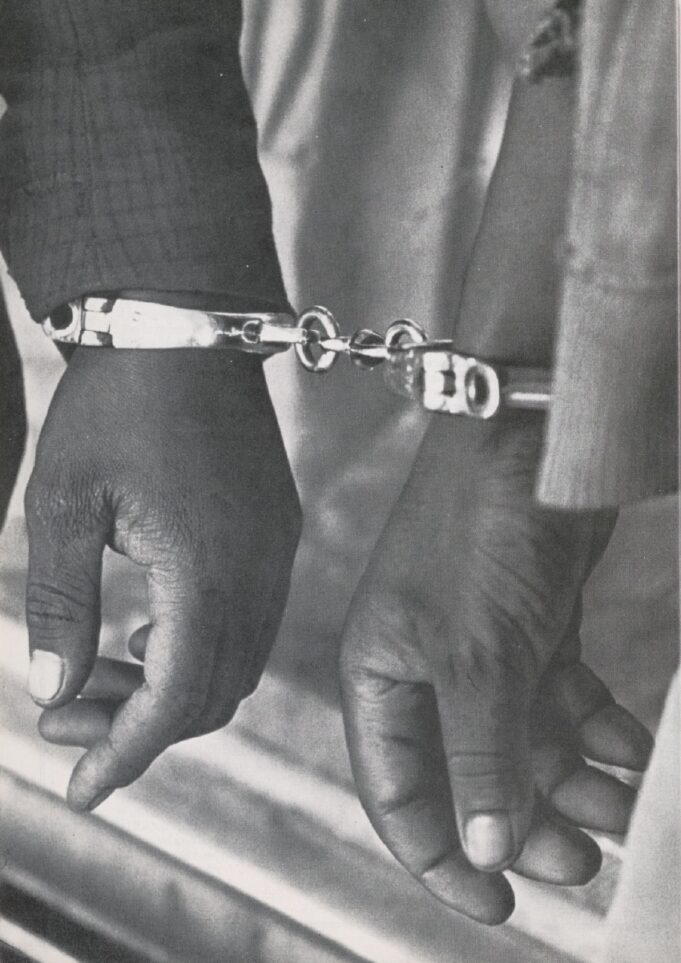The colonial conquest in South Africa played a pivotal role in establishing the system of apartheid. This process of conquest and domination began long before the official implementation of apartheid policies, shaping the country’s social and political landscape for centuries to come.
In the mid-17th century, white settlers from the Netherlands arrived in the southwestern region of what is now South Africa. This marked the beginning of a long period of colonial conquest in South Africa, dramatically altering the lives of the indigenous populations who had inhabited the land for generations.

Prior to the Dutch arrival, various groups occupied the land, including the Khoikhoi and the San peoples in the Cape Peninsula region. These indigenous communities, later derogatorily referred to as ‘Hottentots’ and ‘Bushmen’ by the white settlers, soon faced the harsh realities of colonial conquest.
The process of colonial conquest in South Africa was characterized by:
- Land dispossession: The settlers, using superior military force, systematically took control of the land.
- Forced labor: Many indigenous people were compelled to work for the settlers.
- Displacement: Those who resisted were often driven from their ancestral lands.
- Introduction of slavery: The settlers brought slaves from West Africa and the East Indies.
As the colonial conquest in South Africa progressed, conflict intensified. Indigenous communities fiercely defended their territories, leading to a series of resistance wars. However, the settlers’ advanced weaponry ultimately allowed them to push forward and occupy most of the land.

The arrival of British forces in 1806, when Britain took control of the Cape from the Dutch, accelerated the colonial conquest in South Africa. This shift in power dynamics further solidified the dominance of European settlers over the indigenous populations.
By the dawn of the 20th century, armed resistance to the colonial conquest in South Africa had been effectively suppressed. The majority of the land was now under white control, with the original inhabitants reduced to tenants, wage laborers, or confined to ‘reserves’.
This history of colonial conquest in South Africa laid the groundwork for the formal system of apartheid that would later be implemented. The patterns of land ownership, labor exploitation, and racial segregation established during this period would continue to shape South African society for decades to come.
Understanding the colonial conquest in South Africa is crucial for comprehending the deep-rooted nature of racial inequality in the country and the challenges faced in the post-apartheid era. It serves as a stark reminder of the long-lasting impacts of colonialism and the importance of addressing historical injustices in the pursuit of a more equitable society.






